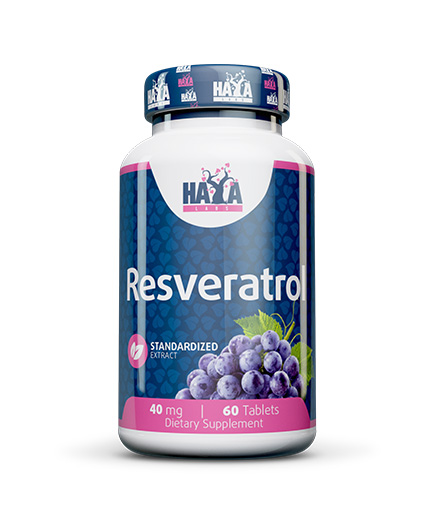.jpg)
Top 6 Foods for Healthy Skin
0
1858
What Are Healthy Fats?
.jpg)
Do not associate the word fat with something bad, because there are also beneficial ones that are very important for health, especially for women. They are important for proper metabolism and the digestive system.
We have prepared these 6 foods that are good to include them in your menu.
Oily fish
.jpg)
Oily fish are good for you and here we will now share three useful fish
Mackerel is the most commonly eaten fish because it is flavorful and high in Omega-3 fatty acids, it is also rich in protein.
Sardines are small fish that are superfoods and contain almost 1,200 mg of Omega-3 per serving. One of the few foods naturally high in Vitamin D and calcium.
Salmon is also rich in fat, Omega-3 and calcium.
Trout is one of the most commonly consumed fish, along with mackerel. Besides being rich in Omega-3 it is also a source of selenium, potassium and Vitamin B6 and Vitamin B12.
Broccoli
.jpg)
Broccoli is extremely rich in vitamins, minerals and antioxidants that are essential for maintaining health. It is rich in Vitamin C, fiber, Vitamin K, phytochemicals, has low calorie and low glycemic interx.
Green Tea
.jpg)
Green tea protects the skin from damage and aging, and is rich in anitoxidant, works quite well for detox.
Red Grapes
.jpg)
Red grapes contain resveratrol, which has antioxidant properties and neutralizes free radicals that can damage the skin and cause signs of aging.
Avocado
.jpg)
Avocados are a rich source of monounsaturated fats, which are good for the heart. They help reduce the levels of "bad" cholesterol in the blood while increasing the levels of "good" cholesterol. It is rich in potassium, vitamin K, vitamin E and folic acid.
Walnuts
.jpg)
Walnuts have many characteristics that make them an excellent food for healthy skin. They are a good source of essential fatty acids, which are fats that your body cannot produce on its own. In fact, they are richer than most other nuts in both Omega-3 and Omega-6 fatty acids.
read more
Bonus Tips
.jpg)
After learning about the benefits and properties of foods good for skin health. We also want to share with you recommended guidelines that you can incorporate into your daily routine to keep your skin in optimal condition and keep it healthy and glowing for as long as possible. In addition to a balanced diet that is rich in vitamins and minerals, you need to incorporate an active lifestyle. More walks, outdoor workouts or fitness, movement keeps the body healthy and consequently the skin beautiful for longer. Nutritional supplements are also a good addition to a healthy lifestyle, if you fail to supply everything you need from food, most co-ingestants can be found in the form of a dietary supplement.
Last but not least, but just as important, be sure to cleanse your face regularly with a cleanser such as a gel wash, and use a sunscreen of at least SPF 50 during the day.
Conclusion
.jpg)
In order to achieve skin that reflects your health, it is essential to take the time to care for yourself. Women are often quick to resort to aesthetic corrections, although they may consider how can it happen naturally? For example by incorporating food rich in vitamins and minerals, facial massages, workouts. The food you eat and the way you take care of your body make a huge difference in beautiful, healthy skin. Choose food products that support your skin's health and provide sufficient nutrients. Remember, skin care is an investment in your overall health and self-esteem.
Sincerely,
Haya Labs..





